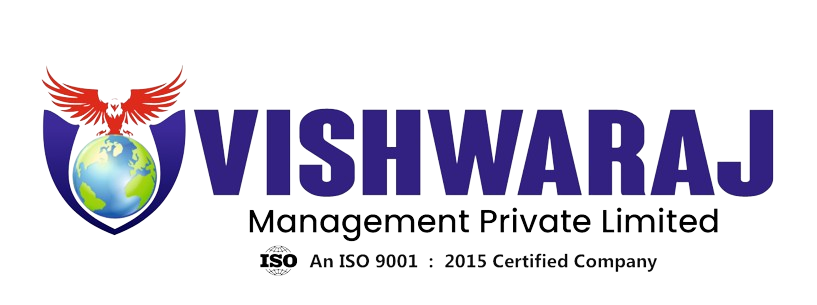Event Management
Event management involves the planning, coordination, and execution of various types of events, ranging from corporate conferences and trade shows to weddings, concerts, and social gatherings. Successful event management requires careful attention to detail, effective communication, creativity, and organizational skills. Here is an overview of the key steps involved in event management:
- Define Objectives and Goals :-
Clearly outline the purpose and goals of the event. Understand the target audience and what you aim to achieve.
- Budgeting :-
Develop a comprehensive budget that covers all expenses, including venue costs, catering, entertainment, decorations, marketing, and contingency funds.
- Event Planning :-
Select a suitable venue based on the type and size of the event. Consider logistical factors such as location, accessibility, and capacity.
Create a detailed event timeline outlining tasks and deadlines.
Plan the event program, including speakers, activities, and entertainment.
- Vendor Selection :-
Identify and hire vendors such as caterers, audio-visual specialists, decorators, and photographers. Negotiate contracts and ensure all details are clearly outlined.
- Marketing and Promotion :-
Develop a marketing strategy to promote the event and reach the target audience. Utilize social media, email campaigns, and traditional advertising methods.
- Registration and Ticketing :-
Set up a registration system if applicable. Manage ticket sales, RSVPs, and attendee information.
- Logistics and Operations :-
Coordinate logistics such as transportation, accommodations, and on-site operations.
Develop a contingency plan to address unexpected issues.
- On-site Management :-
Ensure smooth execution of the event by overseeing all aspects of on-site management, including registration, guest services, and technical support.
- Post-Event Evaluation :-
Gather feedback from attendees and stakeholders to assess the success of the event.
Evaluate the budget and compare actual expenses with the initial budget.
- Documentation and Reporting :-
Compile all relevant documentation, including contracts, invoices, and attendee lists.
Prepare a comprehensive post-event report to document successes and areas for improvement.
- Follow-up and Thank You :-
Send thank-you messages to sponsors, vendors, and attendees.
Analyze the event’s impact and use insights for future planning.
Throughout the event management process, effective communication, attention to detail, flexibility, and problem-solving skills are crucial for success. Additionally, staying updated on industry trends and technologies can enhance the overall event management experience.

